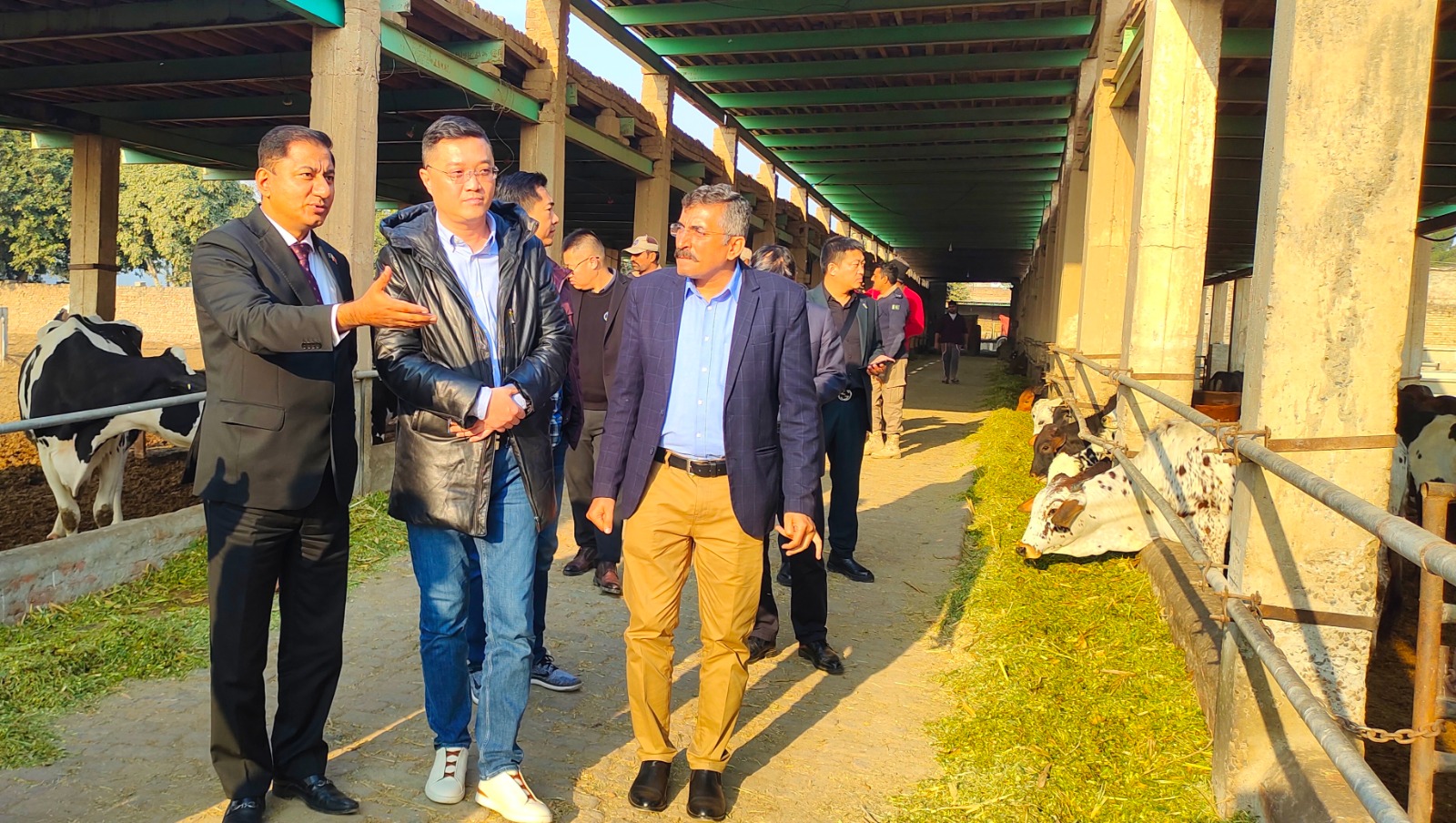Sustainable Animal Production
Sustainable animal production systems optimize agriculture to meet food needs while preserving resources and ensuring animal welfare through practices like efficient feed use and smart management, balancing productivity with long-term sustainability



